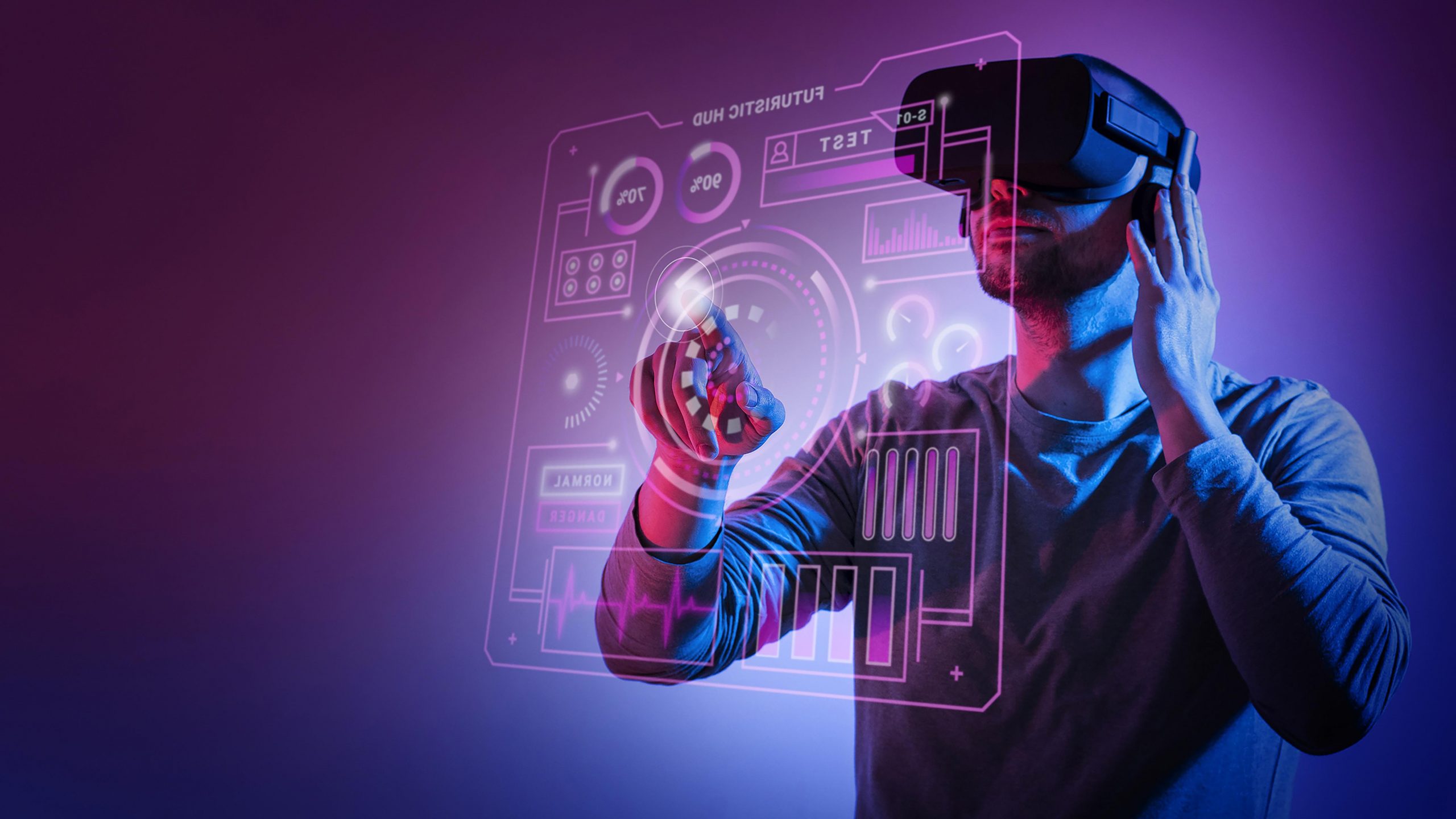Digital transformation has undergone rapid acceleration in recent years to the point where it now impacts all areas of life and industry verticals. The digital world is becoming increasingly more integrated with the real one, and trends and developments within the tech industries have the potential to impact everything from business operations to the fields of communication, entertainment, health care and much more.
With each new year, key tech trends emerge that shape and define how the following twelve months play out. In this article, we’ll observe what the most defining tech trends of 2023 could be.
5G Acceleration
The 5G era has begun, and it’s already started to transform how we connect, including enabling a huge number of devices to generate vast amounts of new data for better insights. According to the Global Mobile Suppliers Association, 111 operators across 52 countries and territories are investing in 5G through trials or deployments.
As the 5G rollout accelerates, new opportunities are arising for service providers to monetise new networks on a large scale. Innovations like Network as a Service (Naas) look set to be the 5G equivalent of cloud-based innovations such as Iaas, PaaS and SaaS.
Furthermore, increased 5G acceleration will also impact immersive technology integration throughout 2023. The low latency and high speeds that 5G promises will play a key role in making virtual worlds more widely accessible. It likely won’t be long until immersive entertainment and sports events become more commonplace.
Blockchain Gaming goes to the Next Level
Of all the cryptocurrency and blockchain technology sectors to have had the biggest impact in recent years, blockchain gaming has been one of the most successful. The sector has blossomed, offering consumers several engaging experiences, such as being able to play blackjack on Bodog using cryptocurrencies and earning NFTs in games like Axie Infinity. However, as 2023 develops, blockchain gaming will go to the next level, particularly since gameplay quality is coming to the forefront.
Gaming has quickly become a gateway to the crypto space for gaming communities, with player enthusiasm for innovative features fuelling much of this adoption. However, in order for blockchain games to compete with traditional video games, developers need to prioritise creating high-quality games with storylines and graphics that are just as compelling as their blockchain functionality.
Second-generation blockchain games such as Guild of Guardians, Sidus Heroes and Illuviam are a clear sign of the evolution and maturity of the blockchain gaming market. These titles promise to deliver premium-quality gaming experiences that will rival those found on console, PC, and mobile.
Next-Gen AI Chatbots
Chatbots have been utilised by businesses and website owners for several years now. However, the next generation of AI chatbots will have more extensive use cases beyond providing customer support and assisting with sales.
When enhanced with AI, bots can adapt to conversations and provide customers with human-like interactions, making them smart and capable. Depending on the algorithm’s complexity, they can be used in social apps for fun conversation, therapy apps for primary diagnostics and recommendations, and educational apps to answer general questions and conduct tests.
Chatbots can also help with internal company processes and become part of employee services such as IT help, employee training, and administrative help. It won’t be too much of a stretch to imagine AI-powered bots entering specialised ‘roles’ such as becoming HR support assistants.
This new generation of smart bots is powered by Machine Learning and Natural Language Processing. We’ve already had a glimpse of the potential via programmes like ChatGPT, which has the ability to remember previous conversations and adapt as it learns.
The Era of Superapps
Mobile technology has become a dominant force here in the digital age. For instance, in the gaming industry, the mobile segment has the largest market share and has done so consistently for the past five years. Just when it seems like the mobile market can’t develop any further, along come the super apps to disrupt things once again.
According to tech analyst Gartner, super apps are one of 2023’s top strategic technology trends. In fact, the analyst firm has predicted that over 50% of the world’s population will be using super apps by 2027.
A super app combines the functionalities of an app, a platform, and a digital ecosystem. These apps are programmed with numerous unique features and can even integrate mini-apps from third-party platforms. The primary goal behind a super app is to provide a one-stop shop for products and services alike; as stated by Gartner’s VP analyst Frances Karamouzis, super apps have the potential to “consolidate and replace multiple apps for customer or employee use.”
2023 will likely be the year in which Big Tech lays down the foundations for its vision of super app use cases. At the tail-end of 2022, rumours had already emerged of Microsoft developing a super app using search engine Bing as the building block. Now, the tech giant’s recent investment into ChatGPT has added further fuel to the fire.

“Proud thinker. Tv fanatic. Communicator. Evil student. Food junkie. Passionate coffee geek. Award-winning alcohol advocate.”

